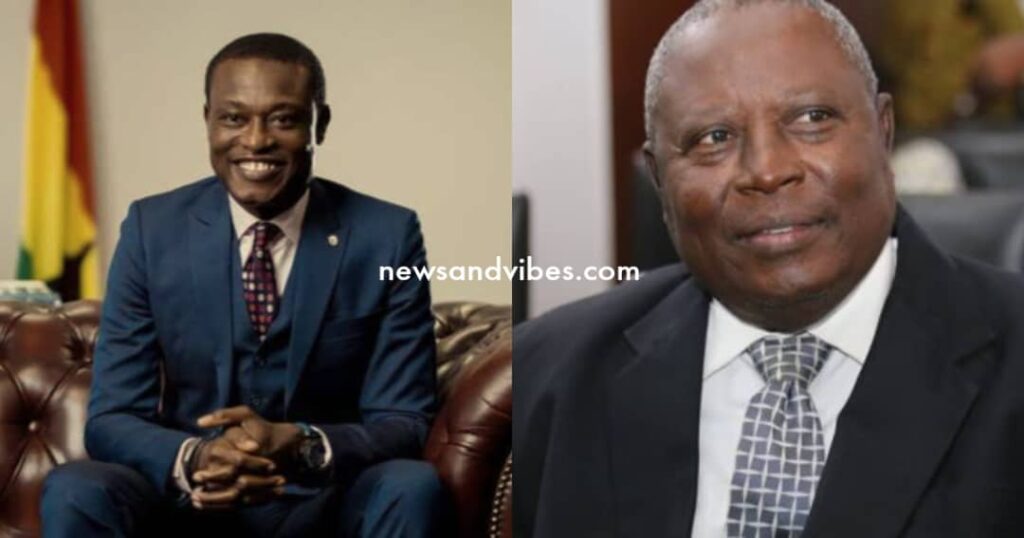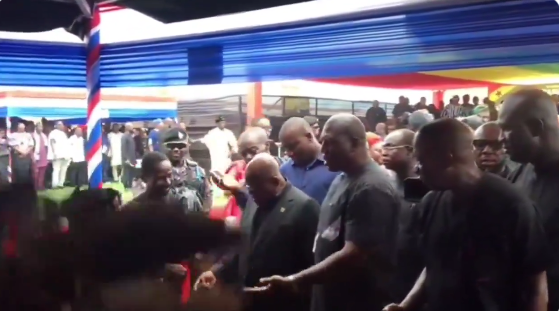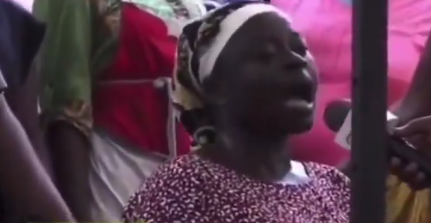On April 30, 2024, Martin Amidu formally petitioned President Nana Addo Dankwa Akufo-Addo, seeking Kissi Agyebeng’s removal. The president forwarded this petition to the Chief Justice on May 6, initiating an official investigation under the Office of the Special Prosecutor Act, 2017 (Act 959).
Martin Amidu, former Special Prosecutor, has laid out a comprehensive list of allegations against his successor, Mr. Kissi Agyebeng, which he claims must lead to Agyebeng’s dismissal. The accusations, ranging from overstepping authority to procurement breaches, have prompted a high-profile investigation.
One of Amidu’s central allegations is that Agyebeng improperly assumed presidential powers by appointing staff to the Office of the Special Prosecutor (OSP). Amidu contends that such appointments should have been made by the president, especially in the absence of a formal board. He argues that Agyebeng’s unilateral decision to engage three directors was a significant overreach of his authority.
Amidu also accused Agyebeng of attracting personnel from the Economic and Organized Crime Office (EOCO) and the Ghana Police Service by offering them enhanced salaries and positions. This recruitment strategy, according to Amidu, destabilized these agencies. He supported his claims with resignation letters from former EOCO staff now working at the OSP, and documented requests for information from the police regarding officers who had joined the OSP.
The former Special Prosecutor further alleged that Agyebeng’s handling of several high-profile cases involved significant rights abuses. These cases include those of Madam Cecilia Dapaah, Prof. Frimpong Boateng, Col. Damoah, Joseph Adu Kyei, and Ms. Eunice Jacqueline Buah Asomah-Hinneh. Amidu claimed that the arrests and detentions in these cases were mishandled, leading to violations of the individuals’ rights. He included extensive court documents to substantiate his claims.
In November 2023, Agyebeng publicly criticized judicial decisions related to OSP cases, calling them regressive. Amidu interpreted this as an abuse of the judiciary. He included an article he wrote in December 2023 criticizing Agyebeng’s comments as part of his evidence.
Amidu also pointed to irregularities in the procurement processes for the refurbishment of the OSP’s new office and the acquisition of vehicles. He claimed that these transactions did not comply with procurement rules and attached a request to the Public Procurement Authority seeking documentation on these transactions, which was denied.
Additionally, Amidu accused Agyebeng of ignoring multiple Right to Information (RTI) requests. These requests included demands for appointment letters, salary details of OSP staff, and information on specialized vehicles. Amidu claimed these requests were not honored, reflecting a lack of transparency.
The process for removing the Special Prosecutor mirrors the procedure for removing Justices of the Superior Court and heads of constitutional bodies. Upon receiving the petition, the Chief Justice has 30 days to determine if there is a prima facie case. If such a case is found, a committee is formed within 14 days to investigate.
This committee includes a Supreme Court Justice, a senior lawyer, and an investigative expert. The committee then has 90 days to complete its investigation and make recommendations to the president, who must act on these recommendations.



